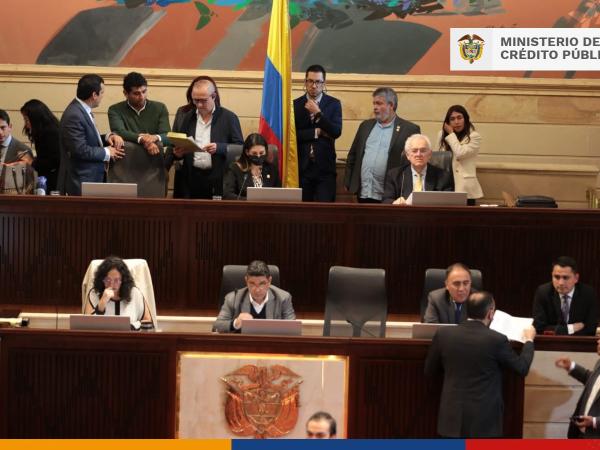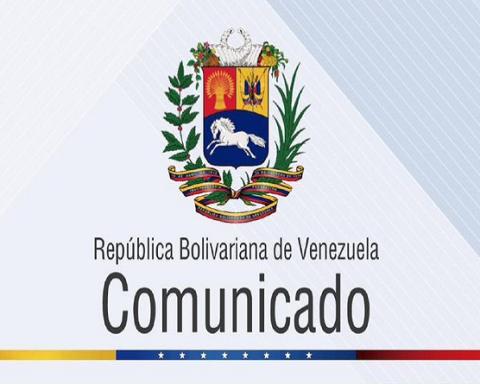The House of Representatives has just approved the conciliation of the tax reform of the government of Gustavo Petro. Finally, there were 122 votes for yes and 27 for no. The Senate, for its part, endorsed the text on Wednesday, November 16, with 61 votes for yes and 20 for no.
(Read: Ocampo hopes that taxes on companies will be lowered in the next tax).
The next step is in the Casa de Nariño, where the law must be sanctioned by President Petro. This project, as explained by the National Government, will make it possible to carry out the change reforms and invest in the flagship social projects of the Executive with which Petro reached the Presidency of the Republic.
According to Alfonso Prada, this law, which collects around 20 billion pesos, will make it possible to make ‘total peace’, move towards social justice, environmental justice and economic justice.
“It is a progressive, fair reform that invites those who have the most to contribute and is a message of great support and enormous responsibility. It is a great support for the Government of change“said the minister.
For his part, he Minister of Finance, José Antonio Ocampo, who said that the reform is “a great advance in matters, not only tax, but also the financing of public spending that the Government will implement, I hope that we continue in this task of working together with other bills that we will have on the go “.
(Also: Get your pocket ready: the new taxes that Colombians will pay).
The tax reform of the government of Gustavo Petro expects to raise 20 billion pesos during 2023. At first, his goal was 25 billion.
Among the new taxes that Colombians will have are:
– Who earn more than 10 million pesos will pay more. This is due to the fact that the total amount that a person can deduct was limited when making their income statement.
– In the case of dividends, these will have rates that will go from 0% to 15% in the case of natural persons and 20% in the case of foreign entities and non-resident natural persons.
– The occasional gains (inheritances, sale of real estate…) were taxed at 15%.
– Regarding the wealth tax, this will be progressive with marginal rates: 0.5% for those of more than 3,000 million pesos; 1% for those of more than 5,000 million pesos and 1.5% for those of more than 10,000 million pesos.
– Oil tankers and miners will have to pay a rental surcharge that varies with the international price of the last 10 years. ANDIn the case of oil it would be progressive from 5%, 10% and 15%.
(See: The good, the bad, and the ugly of the Petro government’s tax reform.)
– The hydroelectric plants were left with a temporary surcharge from 2023 to 2026 of 3 points, that is, 38%, while the financial entities will assume another that will reach 5 points, that is, 40%.
– They will have tax: mecato to precooked arepas, cereal bars, meatballs, table chocolate, Chocorramo, sausages, chocolate bars, chips, bananas, donuts or achiras. Even baby compotes. Also, soft drinks, malt-based drinks, tea-type, fruit-based in any concentration, soft drinks, fruit juices and nectars, energy drinks, sports drinks, soft drinks, flavored waters and powdered mixes.
– Single-use plastics, such as containers, packaging and packaging, which have an equivalent to 1.9 pesos per gram of plastic used will pay tax.
BRIEFCASE

















